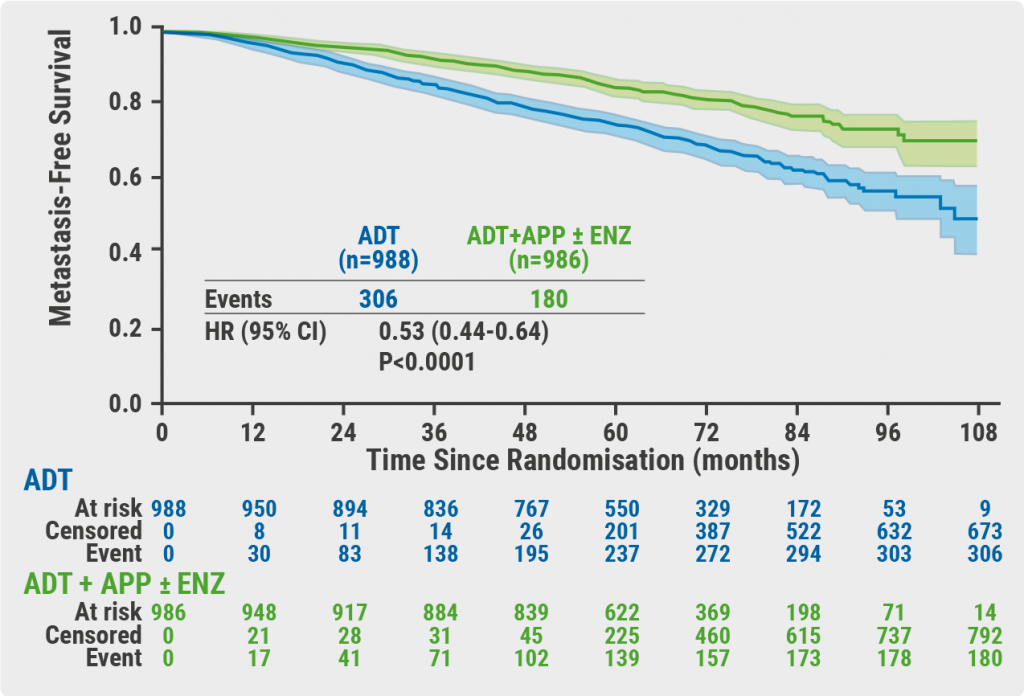Natural killer (NK) cells are able to kill tumour cells directly and to stimulate anti-tumour T-cell responses indirectly. ANKETs (antibody-based NK cell Engager Therapeutics) are artificial molecules that recognise both tumour antigens and NK cell receptors. Previously, trispecific ANKETs were designed, recognising a tumour antigen as well as CD16 and NKp46, both NK-expressed antigens. Now, Prof. Eric Vivier (University Hospital Marseille, France) presented a tetraspecific ANKET [1]. In addition to NKp46 and CD16, the tetraspecific ANKET also binds to the IL-2 receptor on NK cells.
In vitro, this tetraspecific ANKET promoted IL-2R signalling preferentially in NK cells, inducing primary human NK cell proliferation and cytolytic activity, and the secretion of cytokines and chemokines only after binding to the tumour target. In mouse models of both invasive and solid tumours, the tetraspecific ANKET induced NK cell proliferation and accumulation at the tumour bed, and had a higher anti-tumour efficacy than approved therapeutic antibodies like obinutuzumab, targeting the same tumour antigen. In non-human primates, CD20-directed tetraspecific ANKETs resulted in sustained CD20-positive B-cell depletion with minimal systemic cytokine release and no clinical sign of toxicity.
“Tetraspecific ANKETs constitute a synthetic technological platform combining the induction of NK cell proliferation and effector functions without toxicity, supporting their clinical development for next-generation cancer immunotherapies,” concluded Prof. Vivier.
- Vivier E, et al. Harnessing innate immunity in cancer therapies: The example of natural killer cell engagers. Abstract 1O. ESMO Congress 2021, 16–21 September.
Copyright ©2021 Medicom Medical Publishers
Posted on
Previous Article
« Early ctDNA reduction in metastatic uveal melanoma correlates better with OS than RECIST response Next Article
Neutrophils negatively correlate with response to anti-PD-1 monotherapy in dMMR tumours »
« Early ctDNA reduction in metastatic uveal melanoma correlates better with OS than RECIST response Next Article
Neutrophils negatively correlate with response to anti-PD-1 monotherapy in dMMR tumours »
Table of Contents: ESMO 2021
Featured articles
Breast Cancer
Trastuzumab deruxtecan triples PFS
Novel conjugate meets primary endpoint
Longest survival benefit from first-line CDK4/6 inhibitor
Meta-analysis shows 6-months adjuvant trastuzumab is optimal
Double-positive results for triple-negative metastatic breast cancer
Survival after neoadjuvant therapy with trastuzumab-lapatinib plus chemotherapy
Postmenopausal breast cancer: extended letrozole reduces recurrence
Asian women also benefit from palbociclib plus letrozole
No PEARLs of survival with palbociclib plus endocrine therapy compared with capecitabine, but QoL better
Gastrointestinal Cancer
Neoadjuvant chemotherapy potential alternative to neoadjuvant chemoradiotherapy in LARC
Immune chemo-sensitisation looks promising in microsatellite-stable mCRC
Adagrasib shows promising clinical activity in heavily pretreated KRAS-mutated CRC
Automated detection of microsatellite status on unstained samples in early colon cancer
Consistent benefit of anti-PD-1 therapy for oesophageal and gastric cancer
HIPEC in gastric cancer with peritoneal metastases
ctDNA highly predictive in HER2-positive, advanced gastric or gastro-oesophageal junction cancer
Lung Cancer
Robust anticancer activity of trastuzumab deruxtecan in HER2-mutated NSCLC
Nivolumab/ipilimumab continues to provide survival benefit in unresectable MPM
Adjuvant atezolizumab lowers relapse rate in resected NSCLC
Three-year OS follow-up from CASPIAN trial
TCR clonality predicts pembrolizumab response in NSCLC
Melanoma
Adjuvant immunotherapy reduces risk of disease recurrence in stage II melanoma
IFN-γ signature predicts response to immunotherapy
Updated results of SECOMBIT trial
Combining T-VEC and pembrolizumab does not significantly improve survival in advanced, unresectable melanoma
Durable intracranial responses with nivolumab/ipilimumab
Genitourinary Cancer
TKI drug-free interval strategy not detrimental to conventional continuation strategy in RCC
Modified ipilimumab schedule reduces risk of grade 3/4 adverse events
Optimal neoadjuvant dose ipilimumab/nivolumab in stage III urothelial cancer
Better survival with neoadjuvant dose-dense MVAC regimen in MIBC
PARP inhibitor rechallenge improves PFS in ovarian cancer
Pembrolizumab prolongs survival in persistent, recurrent, or metastatic cervical cancer
Pembrolizumab has durable effect in previously treated MSI-H/dMMR advanced endometrial cancer
HRR mutational status is prognostic and predictive biomarker olaparib activity
Haematological Cancer
Mutational analyses are predictive in malignant lymphomas
Low numbers of M2 macrophages in tumour microenvironment associated with superior response to immunotherapy in Hodgkin lymphoma
COVID-19
Adequate response to SARS-CoV-2 vaccine in cancer patients
Cancer patients more likely to die from COVID-19 when hospital admittance is required
Third global survey of the ESMO Resilience Task Force
High COVID-19 mortality in Swiss cancer patients
Basic Science & Translational Research
Neutrophils negatively correlate with response to anti-PD-1 monotherapy in dMMR tumours
Tetraspecific ANKETs harnesses innate immunity in cancer therapies
Early ctDNA reduction in metastatic uveal melanoma correlates better with OS than RECIST response
Gut microbiota as a potential predictive biomarker
Related Articles
November 19, 2021
Immune chemo-sensitisation looks promising in microsatellite-stable mCRC

© 2024 Medicom Medical Publishers. All rights reserved. Terms and Conditions | Privacy Policy
HEAD OFFICE
Laarderhoogtweg 25
1101 EB Amsterdam
The Netherlands
T: +31 85 4012 560
E: publishers@medicom-publishers.com

